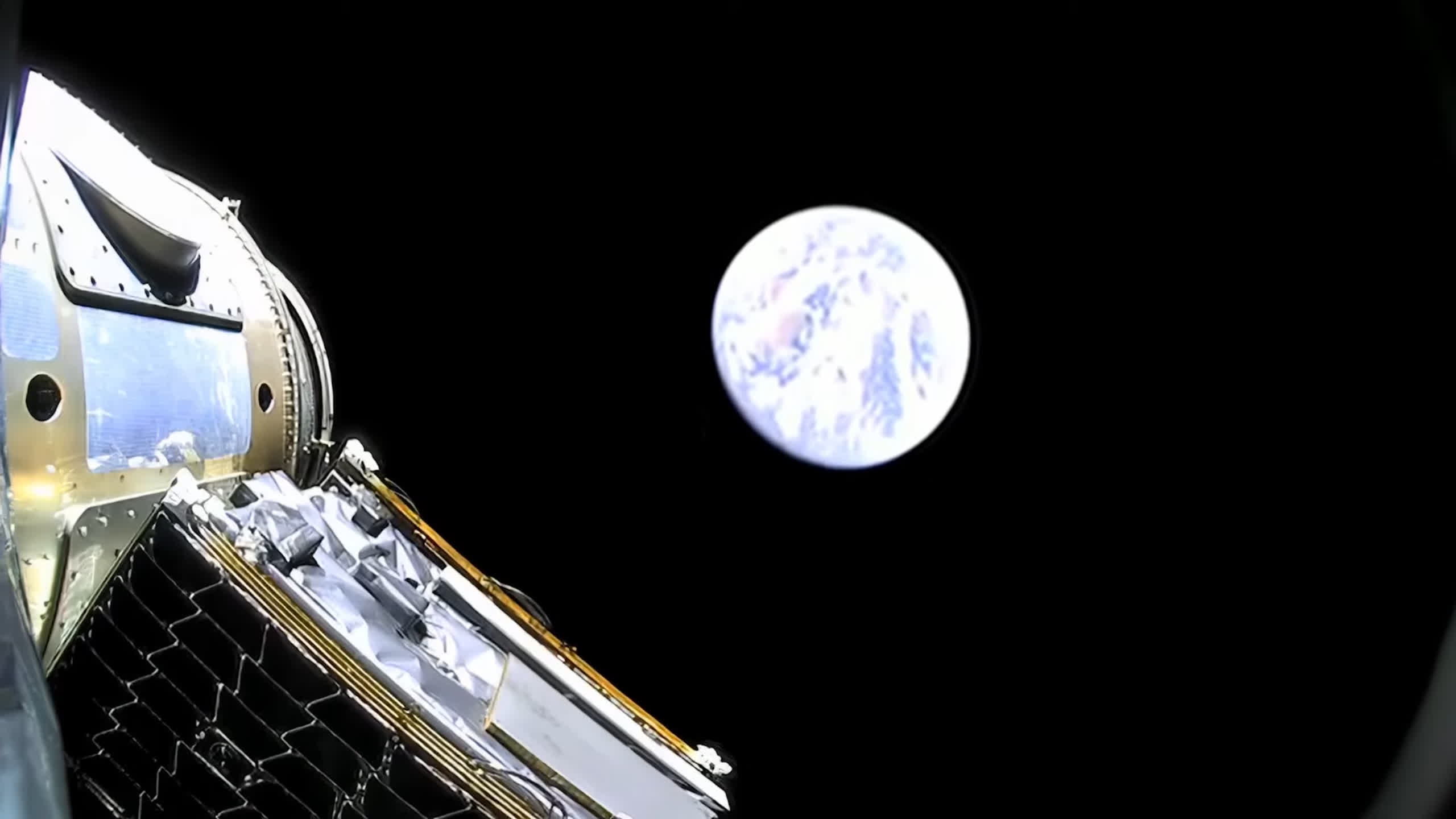What just happened? Astranis is a relatively small space company headquartered in San Francisco, California, with a mission to bring proper internet connectivity to underserved areas. The first Astranis satellite is now in space, and the technology is working as expected, so the company is planning its next launches.
Astranis satellites are built upon a technology developed in-house, and they are relatively small and low-cost compared to those provided by other space enterprises like SpaceX. The company's "next-gen" design has a weight of just 400 kg, and it employs a proprietary software-defined payload for radio communication.
The 1-meter by 1-meter satellite is designed to work in a geostationary orbit, meaning the spacecraft follows the direction of Earth's rotation and appears motionless to ground observers. Astranis launched Arcturus, its first satellite, earlier this month aboard a Falcon Heavy rocket. A few hours later, the payload was successfully deployed in orbit spreading its "wings" (ie solar arrays) and reflectors.
Astranis was then successful in gaining control of the satellite, sending commands and updates for the flight control software (because not even space can save you from a mandatory software update), and adjusting the satellite's orbit to place it in a geostationary position over Alaska.
Arcturus was able to link up with an internet gateway in Utah before communicating with user terminals in Alaska where Astranis will provide high-speed bandwidth to Pacific Dataport, a local internet service provider. Everything went smoother than expected, Astranis said, and Arcturus is now serving as a live demonstration that the company's small satellite technology can work and survive in the harsh environmental conditions of outer space.
Compared to global networks of internet satellites like SpaceX's Starlink or the IRIS² initiative being funded by the European Union, Astranis does business on a per-customer basis serving one area of the planet at a time. The company has already built four other low-cost satellites to serve the connectivity needs of a customer in Peru, airline Wi-Fi (with two spacecrafts) and yet another "unspecified" client.
The four satellites should launch aboard a dedicated Falcon 9 mission later this summer or early fall, but Astranis is already thinking ahead with ambitious plans for the future. The company, which has raised $550 million in funding and employs a team of 300 people, wants to scale up production to assemble two satellites per month, and then launch dozens and "hundreds" of satellites in space.
